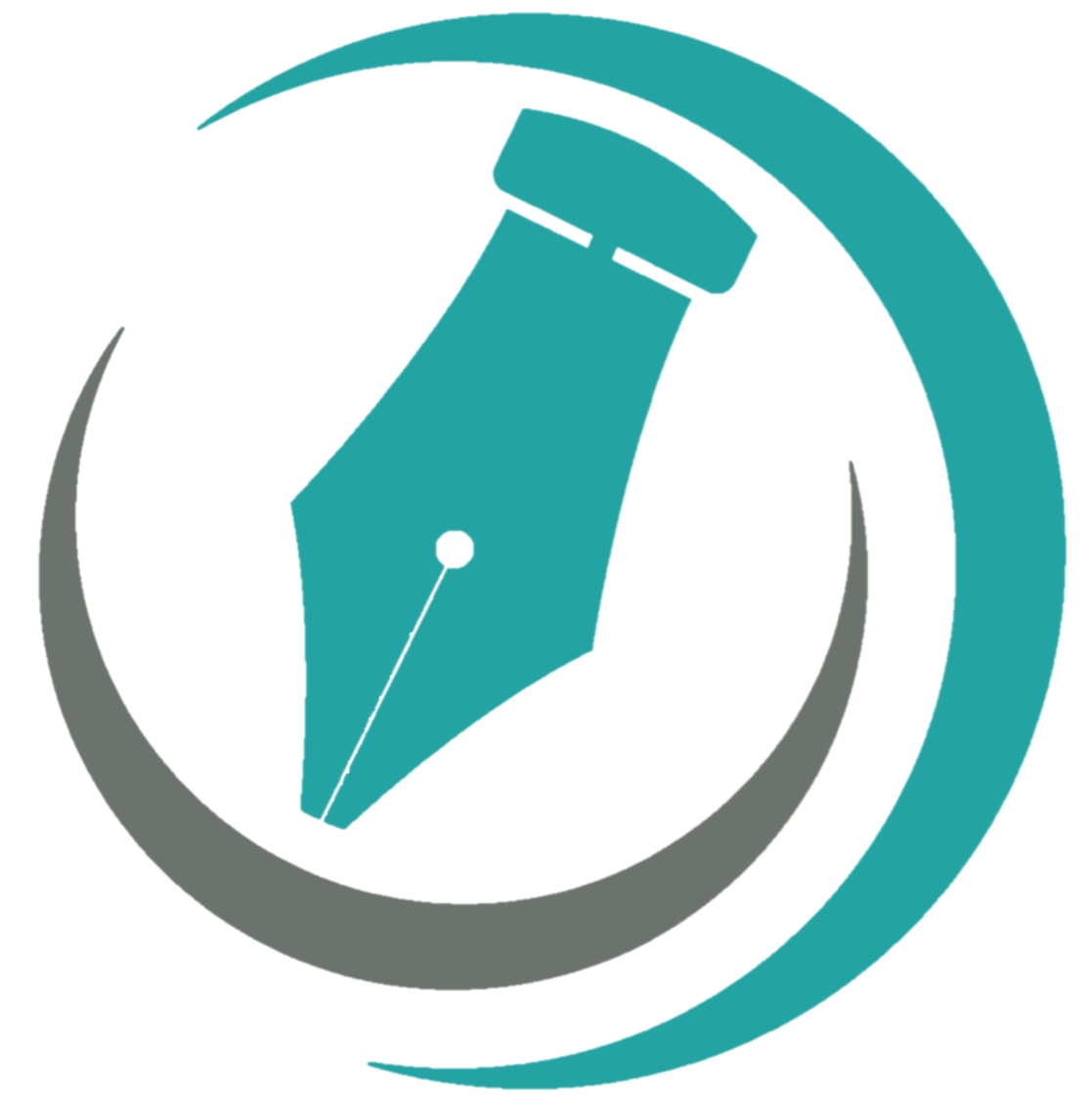This blog contains self-editing strategies to help self-publishing authors revise their manuscripts before submitting to an editor. Save time and money by creating a timeline, use beta readers, read your manuscript out loud, and revise outline select chapters. Following these tips will reinforce your manuscript timeline and cultivate a successful author-editor relationship.
Read MoreLearn how to use page breaks when you’re self-editing your manuscript. A page break is a quick and easy tool in Microsoft Word that enables you to start a new page without hitting the Enter/Return button to get there. Page breaks make document navigation easier for authors, editors, and formatting experts. (Plus it saves editors’ time, and can save you money.)
Read MoreThis blog puts the author in the audience’s shoes to discover three ways to write a successful self-help book. Analyzing your audience, anecdotes, and language, are critical to convey your expertise and engage individuals that are seeking help on a particular topic.
Read MoreA bulleted or numbered list can be an effective tool to emphasize key points or reinforce your arguments. But there are common issues that arise in the editing of nonfiction books. Learn how to review your lists during your self-editing phase to save save money when it comes time to use editing services.
Read MoreGive credit where credit is due. Cite your sources and fellow authors! This week’s blog focuses on how to properly cite sources and incorporate quotes into your nonfiction book. While diving into style guides isn’t the most thrilling task, it ensures a quality product and your editor will be happy too. I will guide you through some important rules to help you avoid issues of plagiarism and/or copyright infringement in your nonfiction projects. If you have a specific scenario that you would like feedback on, please reach out to Writing Help KC.
Read MoreYou’re a self-publishing author who has finally completed your manuscript. Sigh. The hardest part of capturing all of your ideas on paper is done. Congrats!
You let your manuscript rest for a day or two while you recover from the mental and emotional exhaustion. When you open it back up to self-edit, your stomach drops because it’s not at all what you expected. You might even wonder what the heck you were thinking.
Don’t give up. Consider hiring an editor instead.
Yes, you’ll still need to self-edit before passing it off the editor. But searching for a trained professional who can offer outside perspective can propel your work to the next level. Self-publishing means you can rely a lot on your own research and abilities, but investing in an editor is an investment in yourself. A good editor will instill confidence in your project and guide you through the revisions to make a more polished and professional product.
Read MoreEditing as a concept can be divided into various levels. All of this culminates in a transformation of a manuscript. Such a transformation requires not only deep linguistic knowledge, but also empathy. For me, the role of an editor is to offer outside perspective and clean up an author’s work so that it communicates an effective message that resonates with their audience.
Read MoreRelationships are complex interactions. There are trials and errors, tears and laughs, sorrows and joys. But I’m sharing my reflections on building successful author-editor relationships. The relationship between an author and an editor extends beyond a transaction. In reality, the two are united by the goal of creating a final product that is meaningful and professional. Achieving that goal requires conscious actions.
Read More








